Public broadcaster faces political pressure

Parliament is debating the role of public broadcasting in Switzerland. The political right and private media claim it has a monopoly position while the head of the Swiss Broadcasting Corporation argues the SBC is essential for maintaining cohesion in the multicultural country.
Heated discussions are expected in the House of Representatives on Tuesday about the role of Switzerland’s public radio, television and online provider. A government-commissioned report recommended, by and large, to stick to the existing model and the Senate has followed suit.
But the government is facing more opposition in the other parliamentary chamber. The House postponed discussion and asked for additional information. The SBC, a non-profit organisation funded mainly by licence fees from the public, has been targeted by the political right and private media companies.
They argue the SBC, which operates 28 radio and television channels in Switzerland’s four national languages – German, French, Italian and Romansh – as well as several online platforms including swissinfo.ch, has a monopoly position at the expense of the private media. Critics also claim that SBC’s political programmes are left leaning or too close to the government.
A committee of members of the youth chapters of the rightwing Swiss People’s Party and the centre-right Radical Party has called to scrap the funding system through licence fees. Its initiative is unlikely to win a majority in parliament, but voters will have the final say at a later date.
Last week the Senate unanimously recommended rejection of the initiative, the House is expected to do likewise.
In a wide-ranging interview with the newspaper NZZ am SonntagExternal link published in February, the outgoing SBC director general, Roger De Weck, pleaded for transparent and unbiased information for citizens, respect for minorities, the crucial role of public media for the cohesion of the Swiss society and the promotion of culture.
He deplored the fact that these values owed to the Age of Enlightenment are losing ground in the western world and that it is becoming increasingly difficult to finance quality journalism.
“Weakening journalism is undermining democracy, a political system that relies on informed citizens,” he warned.
Cohesion
De Weck stressed the importance of the SBC in holding together a country with different languages, cultures and traditions. Responding to criticism about the comparatively high licence fee, he says the revenue from majority German-speaking part goes towards financing programmes in other national languages.
“The three minorities would be at a disadvantage without this SBC system of revenue sharing. It is a precondition for the stability of our country and its economic success.”
He rebuffed criticism that the logic of private media can fulfill the mandate of a public service provider and indicated that the SBC may be willing to discuss a model of limiting its revenue through TV advertising.
Switzerland has a good public media system, according to De Weck, and the risk of becoming a mouthpiece for the government and politicians is minimal compared with public broadcaster in other European countries.
He warns against unspecified political parties trying to use the SBC for their own ends.
“Those who seek to win political influence undermine the role of the media as the Fourth Estate in a democracy. (…..) If political forces were to take over one media company after the next it would neither help the situation of the media nor that of democracy.”
Criticism
The interview prompted mixed reactions among readers both in letters to the weekly newspaper and on social media.
While some agreed that the financial independence of radio and TV from politics is crucial, others openly questioned whether the SBC is in fact free from political influence.
“SBC independent from politics: This is the joke of the day presented by an SBC employee,” says this sarcastic comment.
"SRG sei unabhängig von Politik" – Witz des Tages wird Ihnen präsentiert vom SRG-Mitarbeiter @journalternativExternal link 🤣 | @NoBillagExternal link @claudelongchampExternal link
— Kumpel Klaus (@KlausErzmann) 21. Februar 2017External link
“Exactly: Cut existing financial strings between politics and radio/television,” agrees another reader.
@claudelongchampExternal link Genau: Die heutige finanzielle Abhängigkeit von Radio und TV von der Politik muss beendet werden.
— No Billag! (@NoBillag) 19. Februar 2017External link
De Weck was also accused of turning SBC’s German-language units of SBC into a politically biased “instrument of propaganda and education.”
Several readers appear to have used the opportunity to campaign for the initiative aimed at abolishing licence fees, calling for the SBC “to be reduced to an absolute minimum.
The SBCExternal link was founded in 1931 and is organised as a private broadcasting association made up of four regional corporations and the ten-language online platform, swissinfo.ch.
Under Switzerland’s system of direct democracy, the corporations and their local subsidiaries act as link between the association and the audience.
Parliament sets the legal conditions, the government grants the licence but they have no say in editorial decisions.
The SBC is funded with licence fees (70%) – CHF451.1 ($446) annually to be paid by every household – , advertising and sponsorship (30%).
In 2015, Swiss voters narrowly approved a reform of funding system to take into account the widespread use of the internet.

In compliance with the JTI standards
More: SWI swissinfo.ch certified by the Journalism Trust Initiative










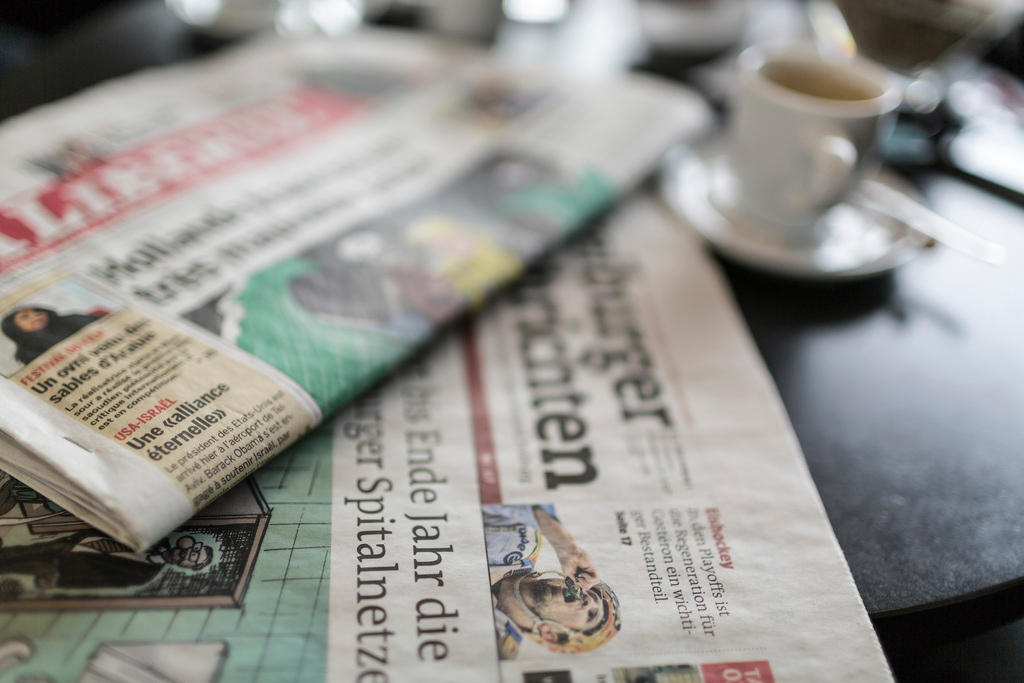
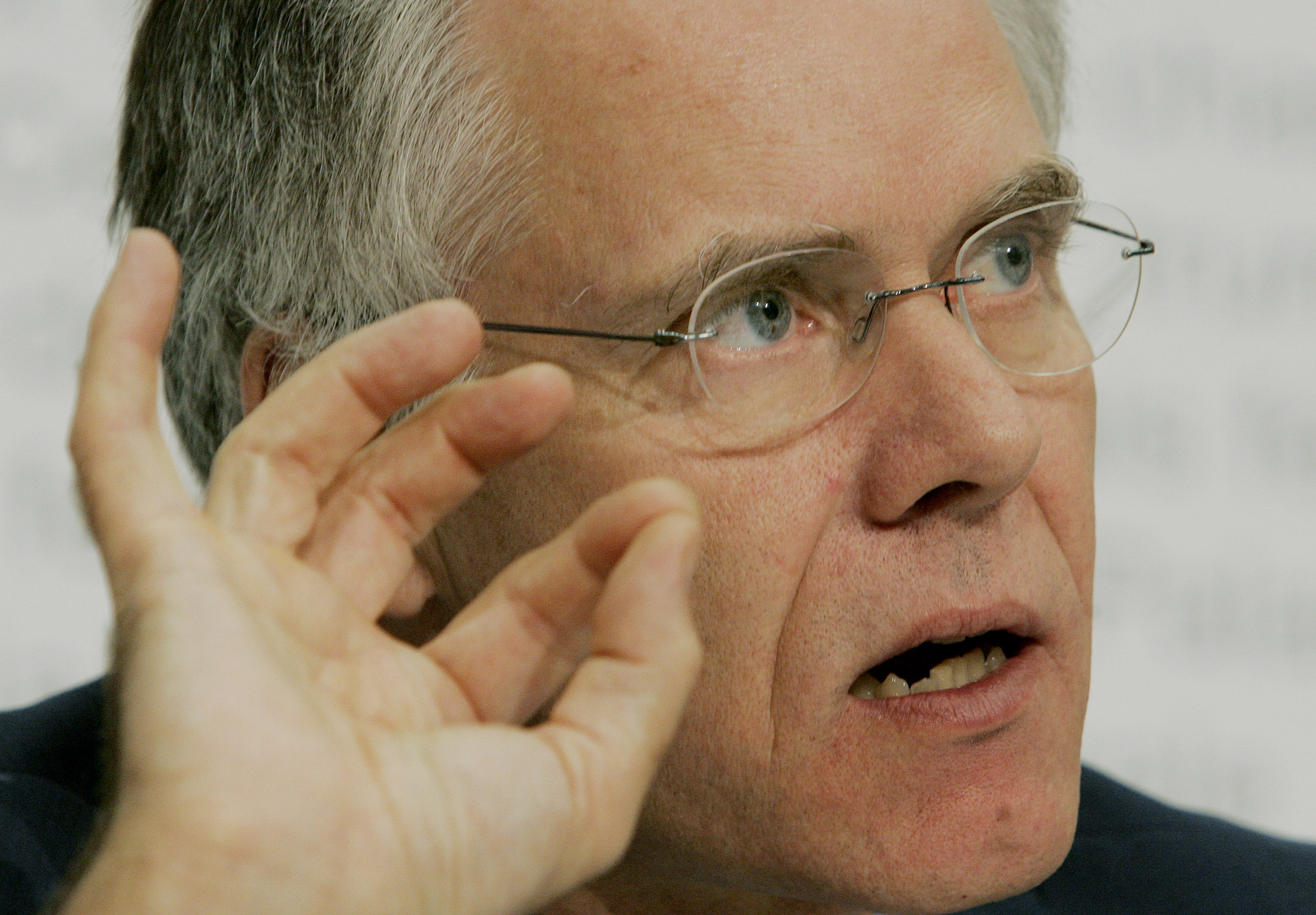

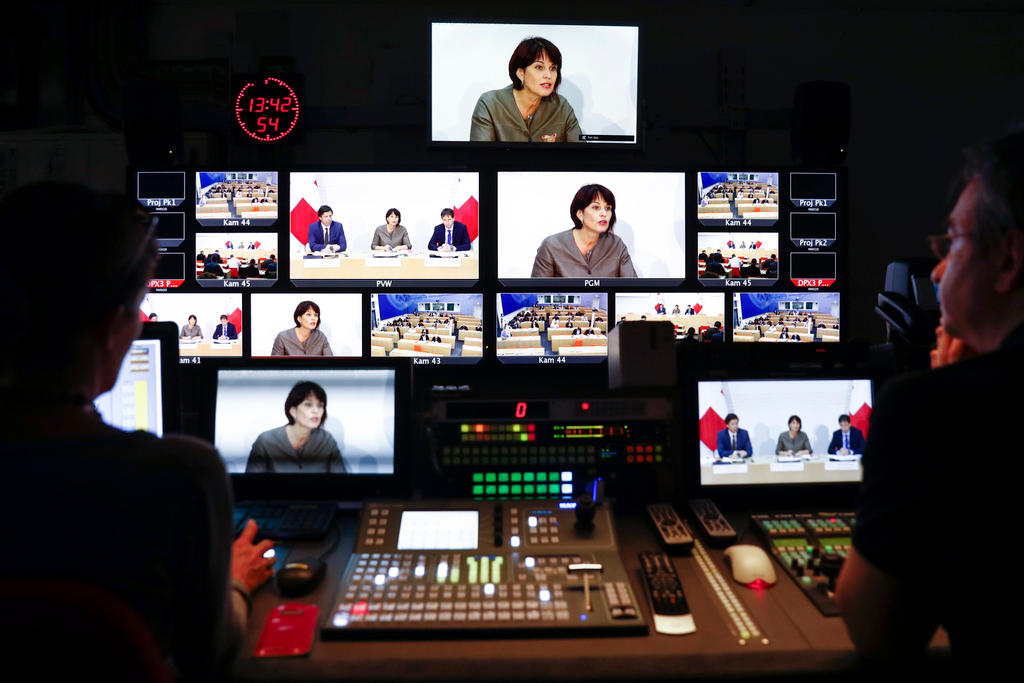
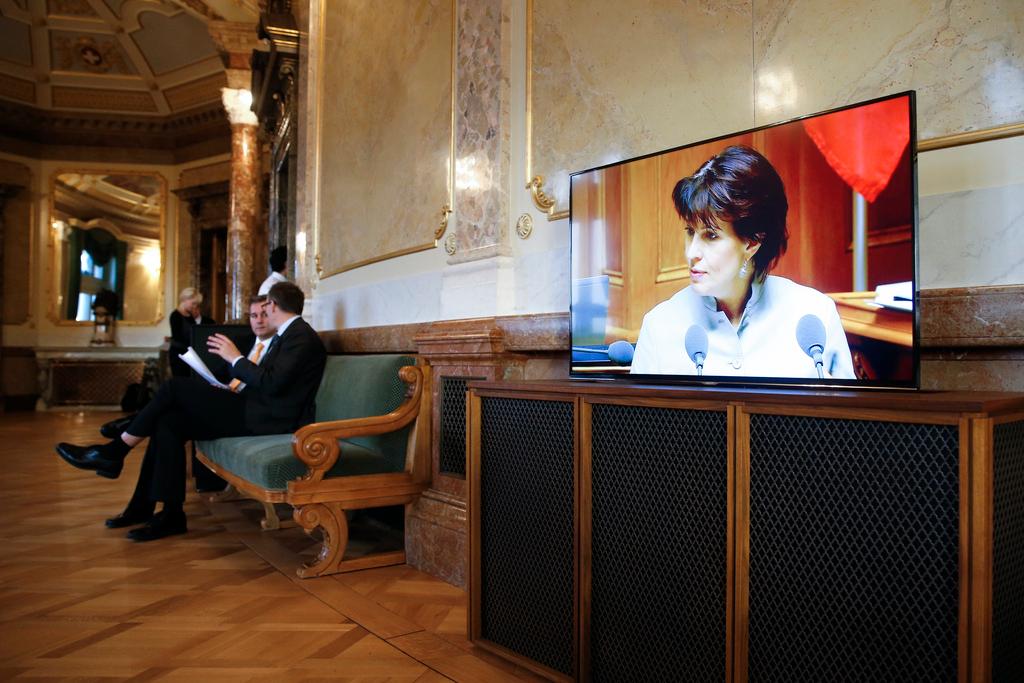
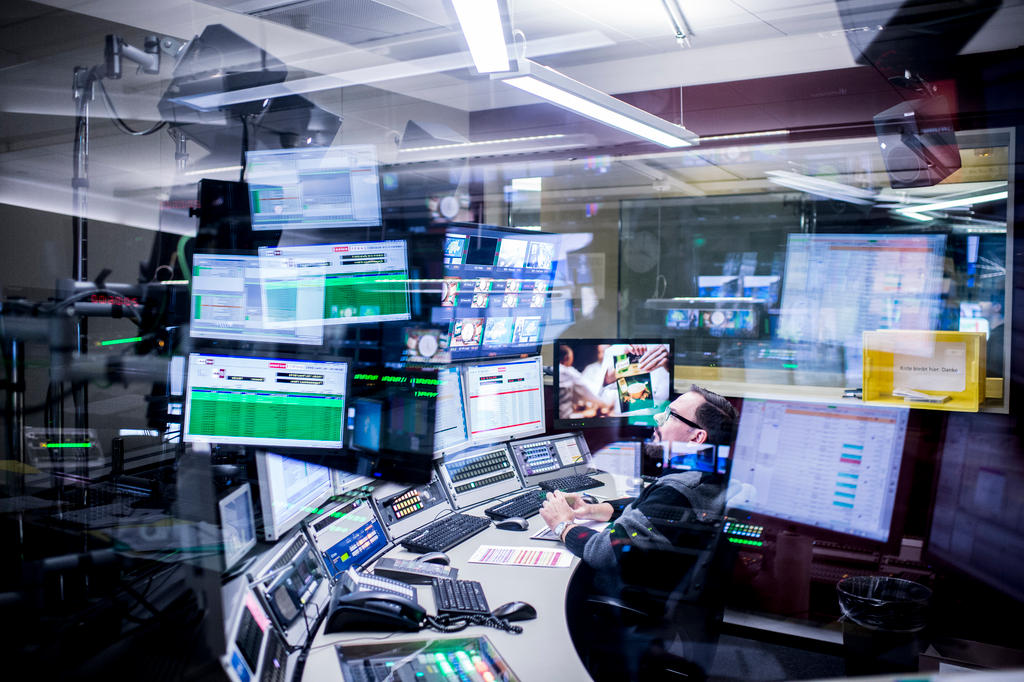



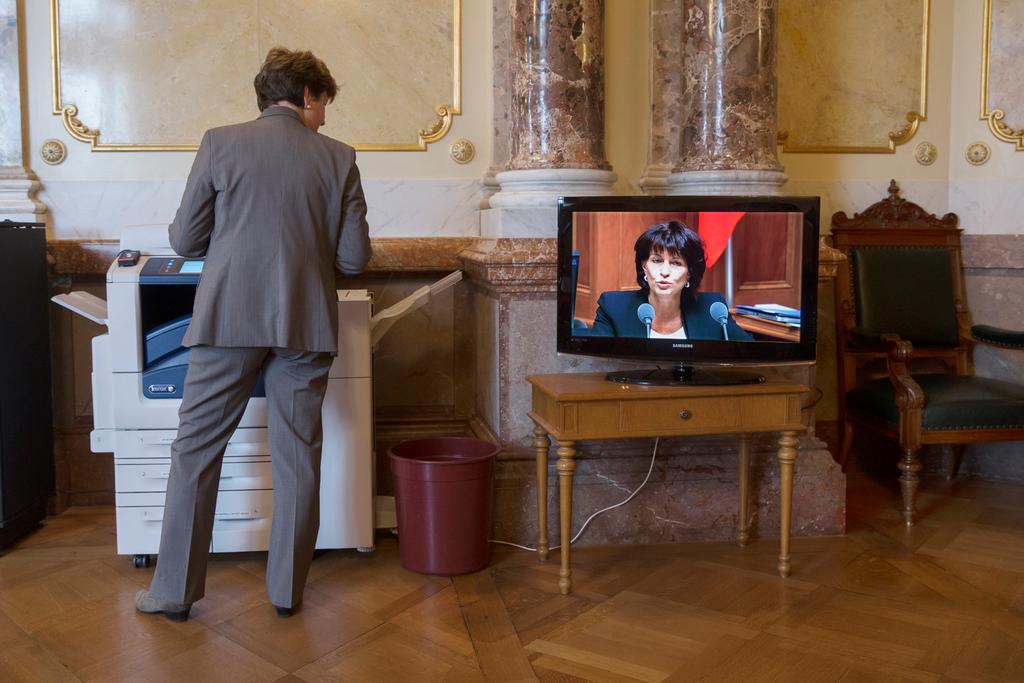
You can find an overview of ongoing debates with our journalists here . Please join us!
If you want to start a conversation about a topic raised in this article or want to report factual errors, email us at english@swissinfo.ch.